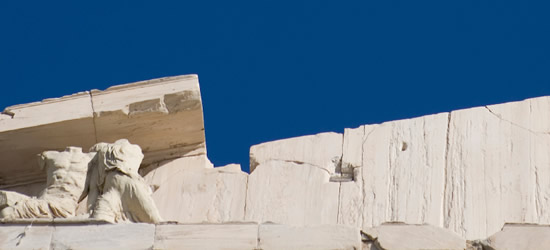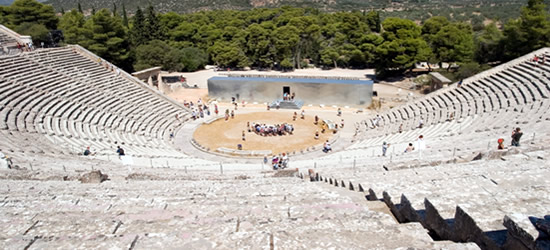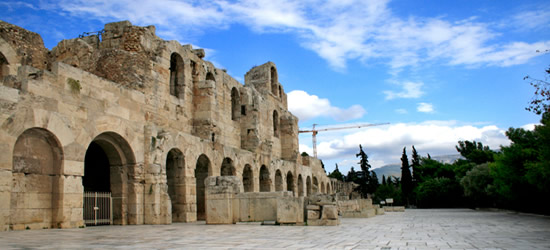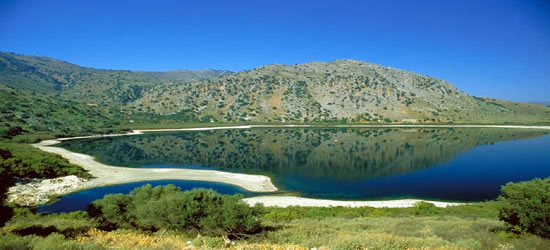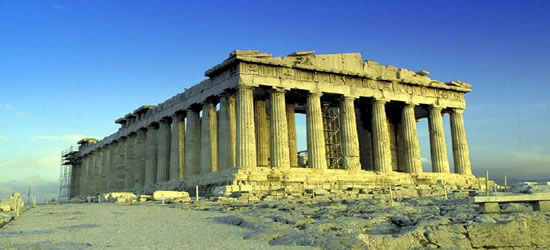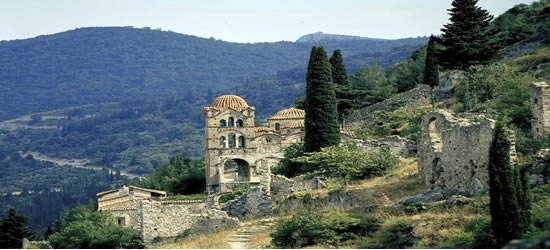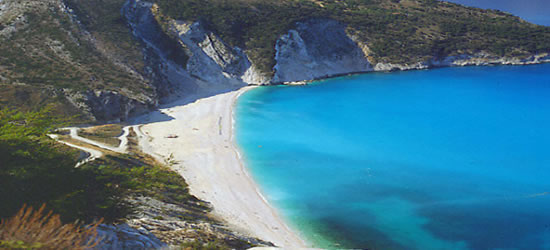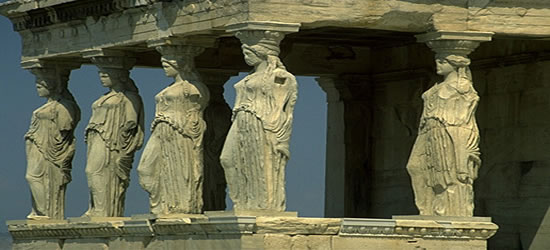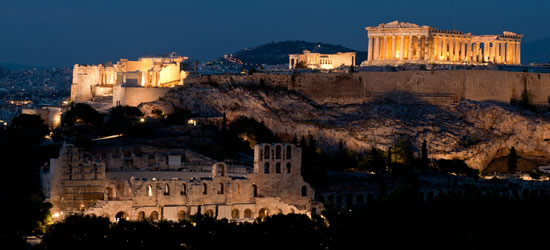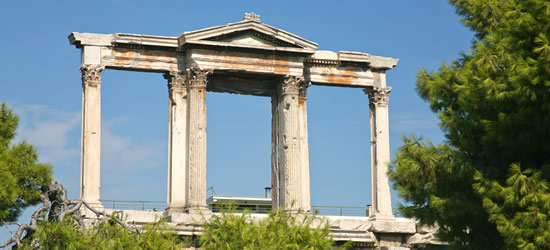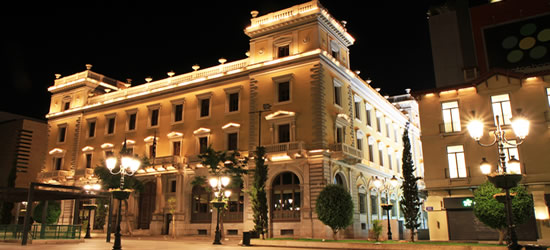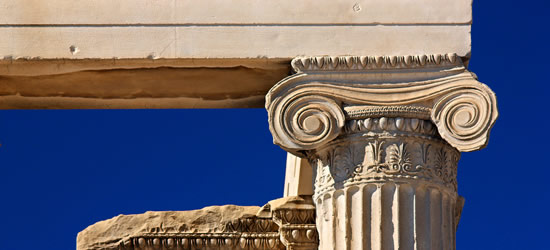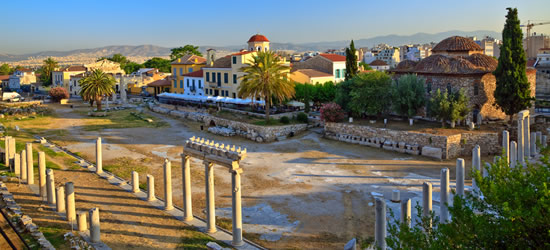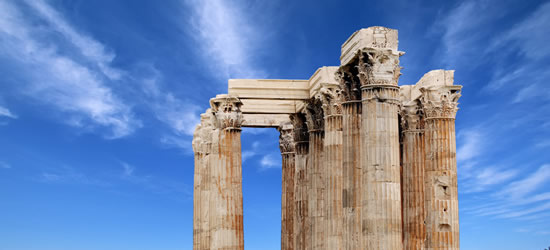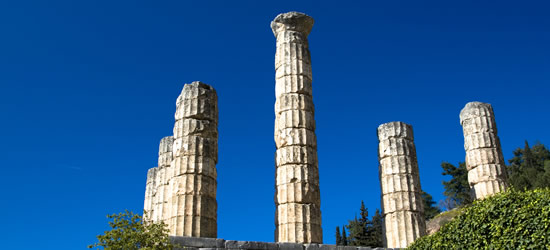A trip to Greece, home of Homer, the Gods, Democracy, modern thought and a cast of characters too numerous to list and many with names too difficult to pronounce. Having exported chaos, drama, tragedy and democracy before most nations stayed up late enough to want souvlaki. Greece boasts a legacy that's unrivalled. From smoggy Athens to blindingly bright islands, there are more ancient fragments than you can shake a stick at - the belly button of the cosmos at Delphi, fallen columns galore on the sacred island of Delos, frescoed Minoan palaces in Crete and even, quite possibly, the remnants of Atlantis at Santorini.
Climate
Greece enjoys a typical Mediterranean climate: hot, dry summers, cool winters Spring and Autumn practically perfect, with warm days and balmy evenings. Towards the end of June and throughout July the temperatures climb, pushing the 100 deg. F (38 deg. C) mark. The situation is alleviated somewhat in August, when millions leave the city and the brisk northwesterly meltemi start to blow, cooling the city and many of the islands to a comfortable temperature. In the south, a hot wind may blow across the Mediterranean from the coast of Africa.
The best time to visit Greece is late spring and early Autumn. In May and June the days are warm, even hot, but dry, and the sea water has been warmed by the sun. The evenings, which seem endless, are pleasant enough to dine alfresco. For sightseeing, exploring the cities or countryside, or hitting the beach, this is the best time. Greece is relatively tourist free in the spring, so if you don't like crowds, and the beach and swimming aren't high on your agenda, April and early May are a good time to visit. Carnavali, usually in February just before Lent, and Greek Easter, with its religious processions, are the highlights of the season. September and October are a good alternative to spring and early summer, especially in the bustling cities where bars, theaters, and other cultural institutions reopen.






